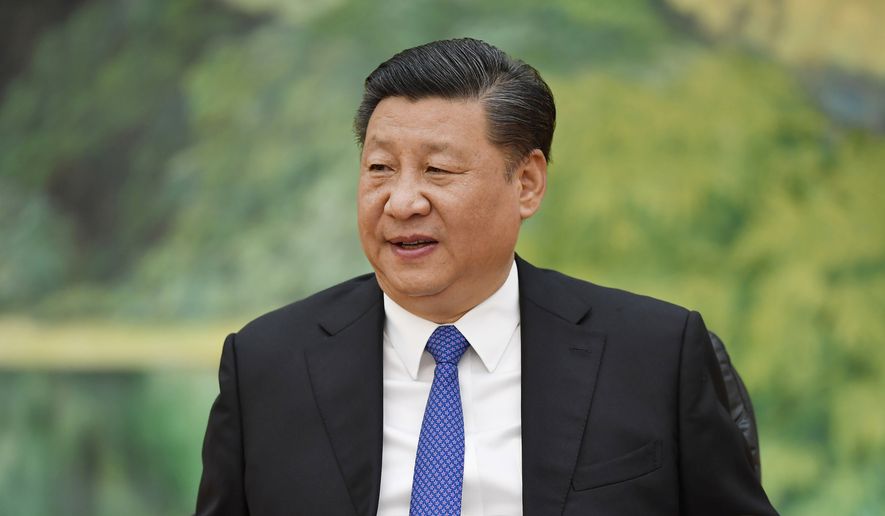Chinese officials say they’ve probed reports of an American government employee experiencing mysterious sensations from sound and pressure at a U.S. diplomatic facility in China but found nothing to back up the claim.
“China has carried out an investigation seriously and given an initial feedback to the U.S.,” said Chinese foreign ministry spokesman Lu Kang. “We have found no reason or clue for what was reported by the U.S.”
Mr. Kang made the comments at a press conference in Beijing Thursday, a day after U.S. officials revealed that an employee at the U.S. consulate in Guangzhou, China, had experienced the abnormal sensations.
Secretary of State Mike Pompeo raised eyebrows Wednesday, when he told lawmakers in Washington that the sensations reported were “very similar and entirely consistent” with symptoms felt by American diplomats sickened last year in Cuba by what many believe was a sonic or electromagnetic wave attack on the U.S. Embassy there.
The incident in Havana has remained a mystery over the past year, with some analysts also speculating the diplomats may have fallen ill from exposure to waves emitting from a malfunctioned foreign listening or spying device.
The notion that similar symptoms were reported this week at a U.S. consulate in China sent concerns swirling that the incidents may be linked — or that Beijing may have somehow been involved in the Cuba development.
Chinese officials have been eager to head off such speculation.
The Associated Press noted Thursday that China’s state-owned Global Times newspaper said in an editorial that the investigation into the U.S. employee’s condition in Guangzhou should be “objective” and that it was “inappropriate” for Washington to connect the incident with what occurred in Cuba.
“It is completely unthinkable for there to be medical attacks launched against foreigners, particularly diplomats, in China,” the Global Times said.
“A sonic attack especially requires exceptional imagination,” the commentary said, asking, “what sort of ’profit’ would make it worthwhile for China to take such a risk?”
Mr. Kang offered a more diplomatic comment during a regular Chinese foreign ministry news briefing Thursday.
“China always protects the safety of staff in foreign diplomatic missions in China, including those from the U.S. side, in accordance with the Vienna Convention on Diplomatic Relations and the Vienna Convention on Consular Relations,” he said.
The State Department, meanwhile, said it has dispatched a U.S. medical team to Guangzhou, where “subtle and vague, but abnormal, sensations of sound and pressure” were reported by an American government worker.
The department said it is aware of only one employee who has been affected and that there have been no reports of private U.S. citizens experiencing the phenomena. Department spokeswoman Heather Nauert said this week that the American employee had shown clinical findings similar to patients with mild traumatic brain injury, known commonly as a concussion.
The worker, who has been sent to the U.S. for additional testing, experienced “a variety of symptoms” from late 2017 through April, Ms. Nauert said.
• This article is based in part on wire service reports.
• Guy Taylor can be reached at gtaylor@washingtontimes.com.




Please read our comment policy before commenting.